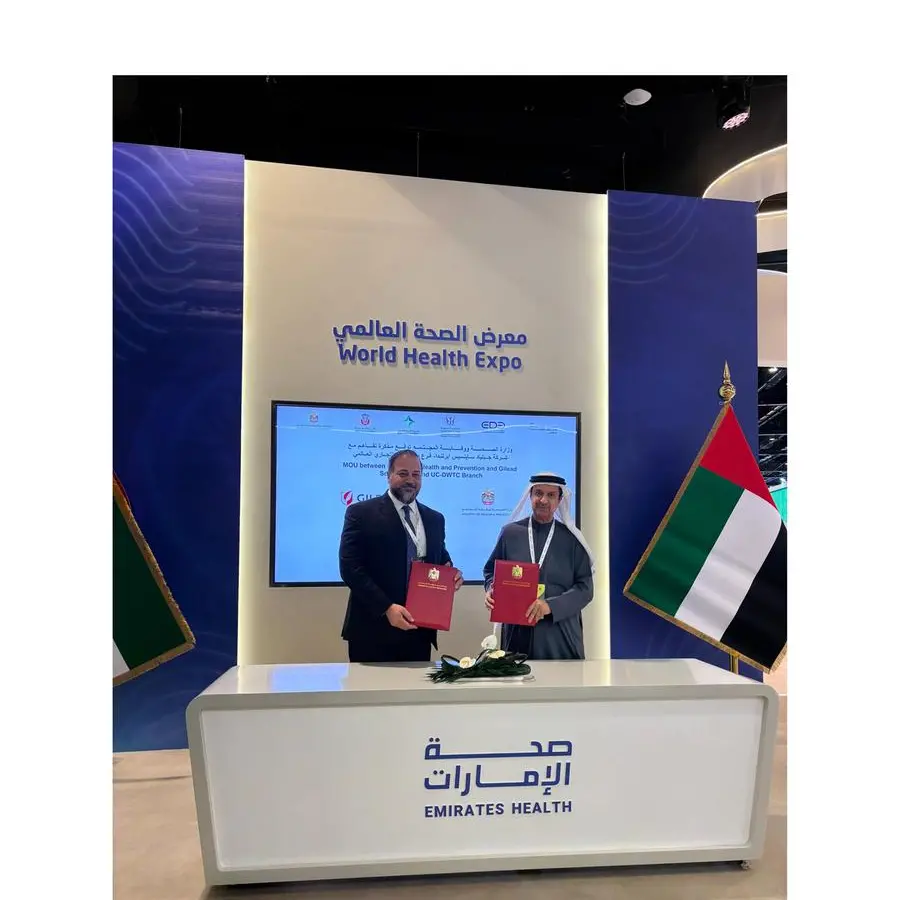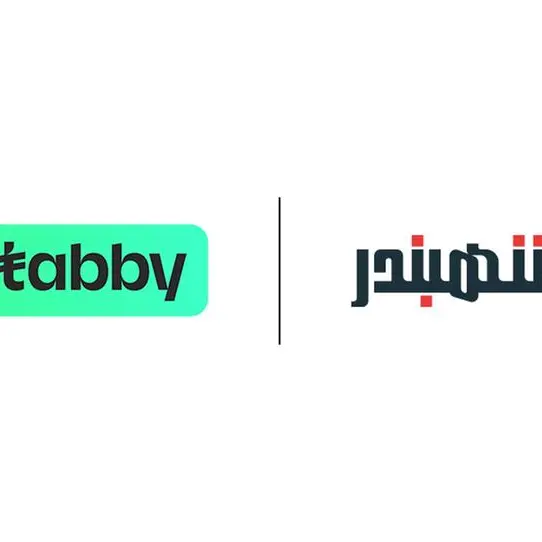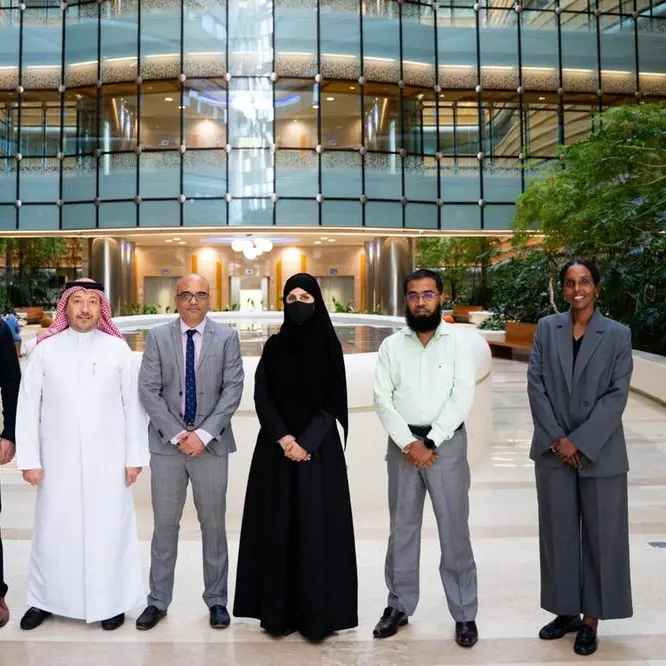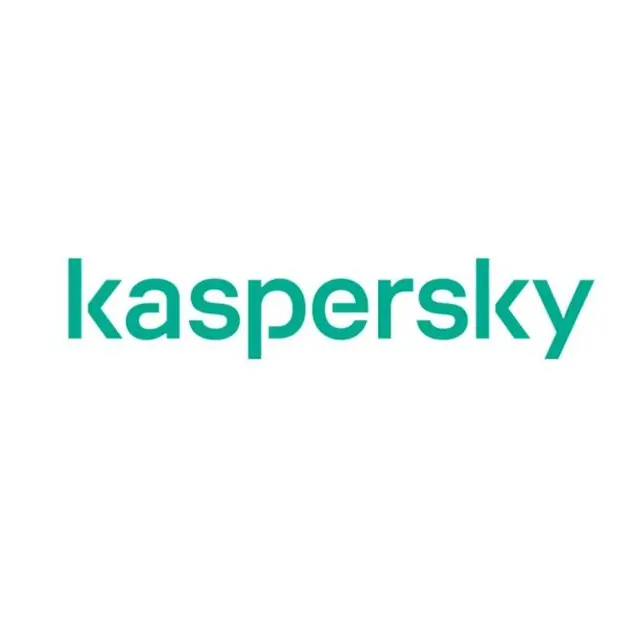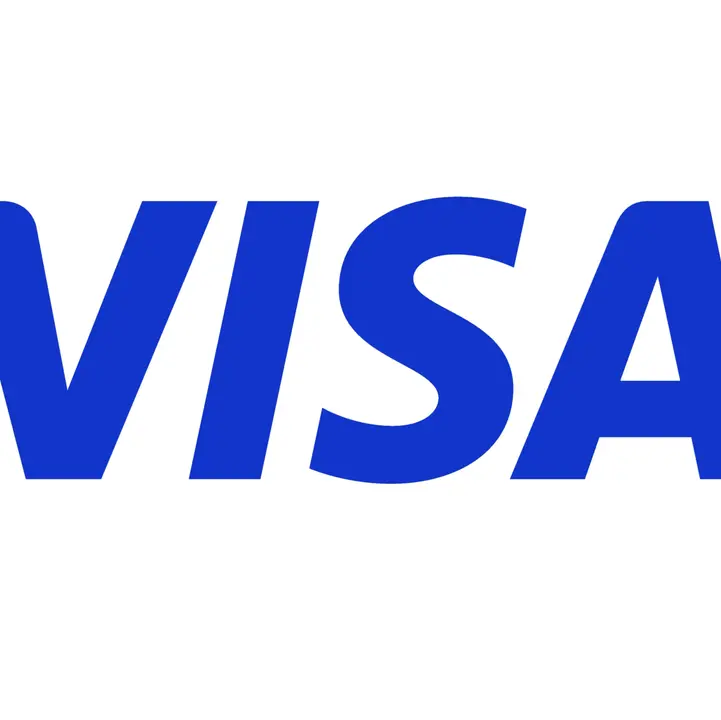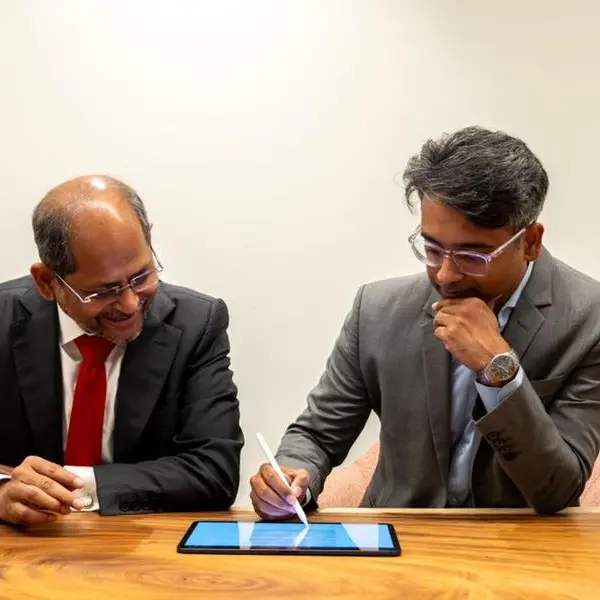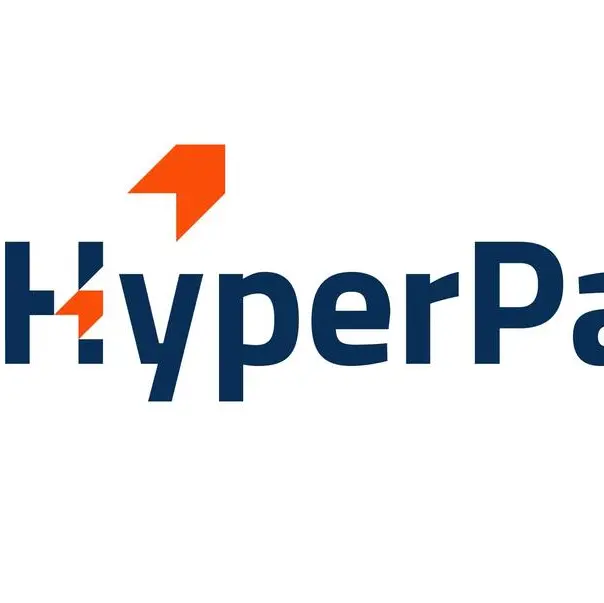Paradigm Initiative (PIN), a leading pan-African organisation that advocates for digital rights and inclusion, is urging stakeholders to take collective action in safeguarding digital rights, promoting responsible practices, and preserving Internet freedom.
In a monitoring report highlighting the state of digital rights and inclusion in 24 African countries, the organisation has outlined key recommendations for the private sector, media, academia, civil society, and government to ensure the protection of digital rights for all.
In the report known as Londa, PIN emphasises the need for the private sector to ensure that content moderation and surveillance practices do not stifle diverse political views and perspectives. It urges companies to resist unethical governmental pressures that seek illegal access to personal data and engage in digital abuse, more so blockage of Internet networks and services.
The report stresses the need to remove barriers to the Internet and mobile service access, prioritising digital literacy and keeping citizens informed about their digital rights. “Addressing the challenges faced in the digital space, as proffered by Londa is a positive step towards the full realisation of human rights and government compliance with treaty obligations. Every African government should aim to improve their digital rights record each year while every other stakeholder plays their critical part,” Ms. Thobekile Matimbe, the organisation’s Senior Manager, Partnerships, and Engagements, adds.
The Londa report further calls upon the media to uphold professional ethics in reporting, saying this is essential in combating misinformation and disinformation. At the same time, it emphasises the importance of protecting media practitioners by building strong coalitions and resisting repressive laws. In addition, providing digital security training to members will enable them to work safely in the digital space, the report states.
The report also encourages interdisciplinary collaboration between fields to tackle complex digital rights and Internet freedom issues. “Academia should play an active role in developing digital literacy training curricula, promoting best practices through research and fostering awareness,” the report proposes.
The organisation, through the Londa report, indicates that in order to build effective domestic human rights monitoring mechanisms, civil society should streamline the flow of information between grassroots community organisations and non-governmental organisations (NGOs).
PIN also calls on governments to refrain from digital authoritarianism and instead uphold constitutional and international obligations. “Establishing robust multi-stakeholder consultative processes for policies, laws, and regulations is important. Regular policy and legislative updates should be provided to the public, and governments must exercise caution when applying disinformation laws to ensure they don’t unjustifiably limit freedom of expression, ” the report recommends.
Paradigm Initiative believes that collective action from all stakeholders is vital to protect digital rights and preserve Internet freedom. By implementing the recommendations, the continent can ensure an inclusive, transparent, and secure digital landscape.
The Londa report can be accessed here: https://paradigmhq.org/londa-22/
About PIN
Paradigm Initiative (PIN) connects underserved young Africans with digital opportunities and ensures the protection of their rights. We have worked in communities across Nigeria since 2007 and across Africa since 2017, building experience, community trust, and an organisational culture that positions us as a leading social enterprise in ICT for Development and Digital Rights on the continent.
Across our regional offices in Kenya, Nigeria, Senegal, Zambia, Zimbabwe, Cameroon, the Democratic Republic of Congo (DRC), and beyond, we have impacted youth with improved livelihoods through our digital inclusion and digital rights programs. The organisation’s programs include Life Skills. ICT. Financial Readiness. Entrepreneurship (LIFE) training program, a digital readiness workshop for girls, and life at schools club program.
PIN has also built online platforms that educate and serve as safe spaces for reporting digital rights violations. These mediums, in the form of reports, short films, and educational online platforms, include Ayeta, Londa, and Ripoti.
